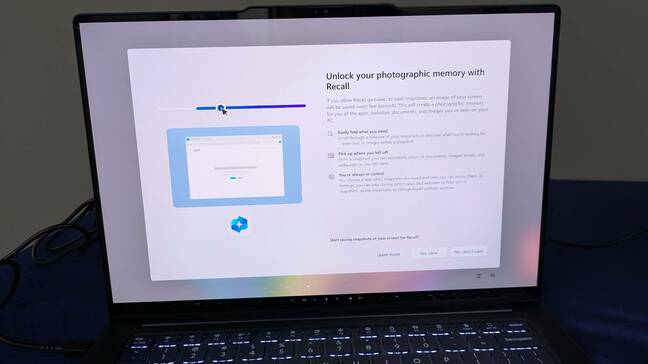Project Hyperion explores the feasibility of crewed interstellar travel via generation ships, using current and near-future technologies. A generation ship is a hypothetical spacecraft designed for long-duration interstellar travel, where the journey may take centuries to complete. The idea behind a generation ship is that the initial crew would live, reproduce, and die on the ship, with their descendants continuing the journey until reaching the destination. These ships are often envisioned as self-sustaining ecosystems, featuring agriculture, habitation, and other necessary life-support systems to ensure survival across multiple generations.
The Initiative for Interstellar Studies (i4is) is delighted to reveal the winners of the Project Hyperion Design Competition, a landmark global challenge that called upon interdisciplinary teams to envision a generation ship—a crewed interstellar spacecraft designed for a 250-year journey to a habitable planet. The teams designed habitats of such a spacecraft that would allow a society to sustain itself and flourish in a highly resource-constrained environment.
The Project Hyperion Design Competition required architectural designers, engineers, and social scientists to collaborate and address critical mission aspects that enable a spacecraft to function as a closed society over centuries. The collaboration between different disciplines is key to finding holistic solutions that do justice to the complexity of the requirements, in order to provide:
Habitability for 1,000 ± 500 people over centuries
Artificial gravity via rotation
A society that ensures good living conditions, including essential provisions such as shelter, clothing, and other basic needs.
Robust life support systems for food, water, waste, and the atmosphere
Knowledge transfer mechanisms to retain culture and technologies
Source: Project Hyperion | interstellar generation ship design competition



 Traditional site-blocking measures that require local ISPs to block subscriber access to popular pirate sites are in common use around the world.
Traditional site-blocking measures that require local ISPs to block subscriber access to popular pirate sites are in common use around the world.

